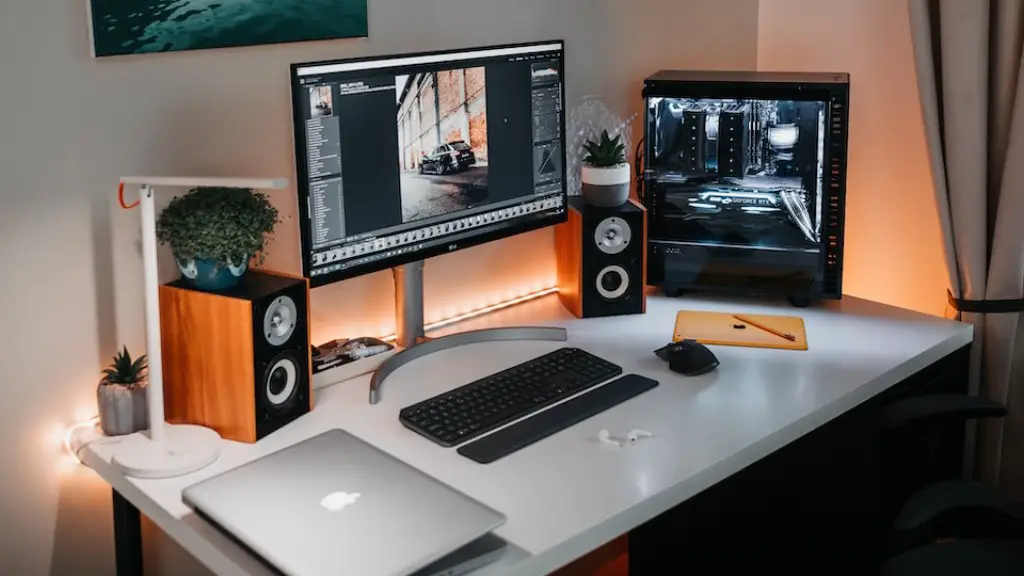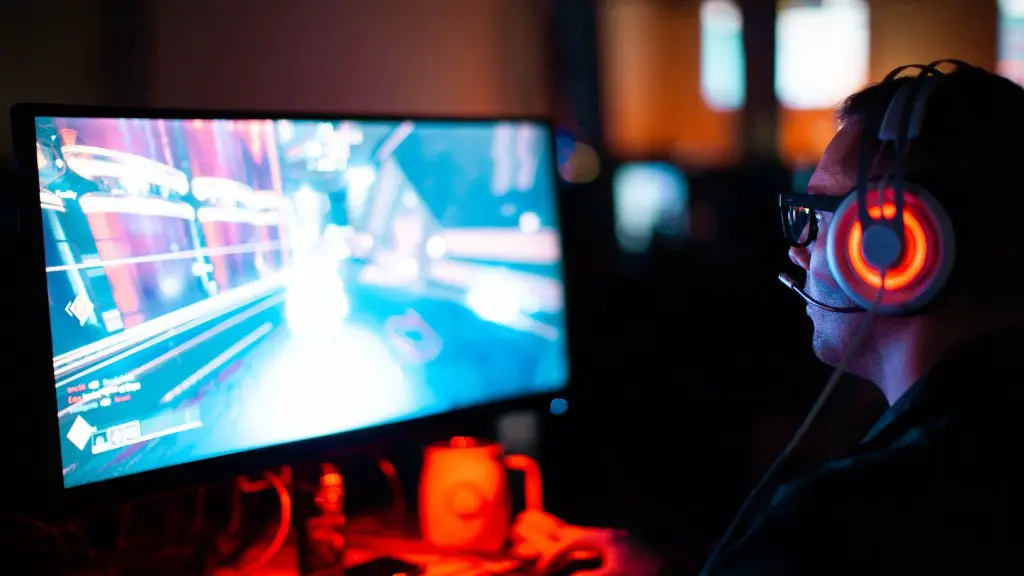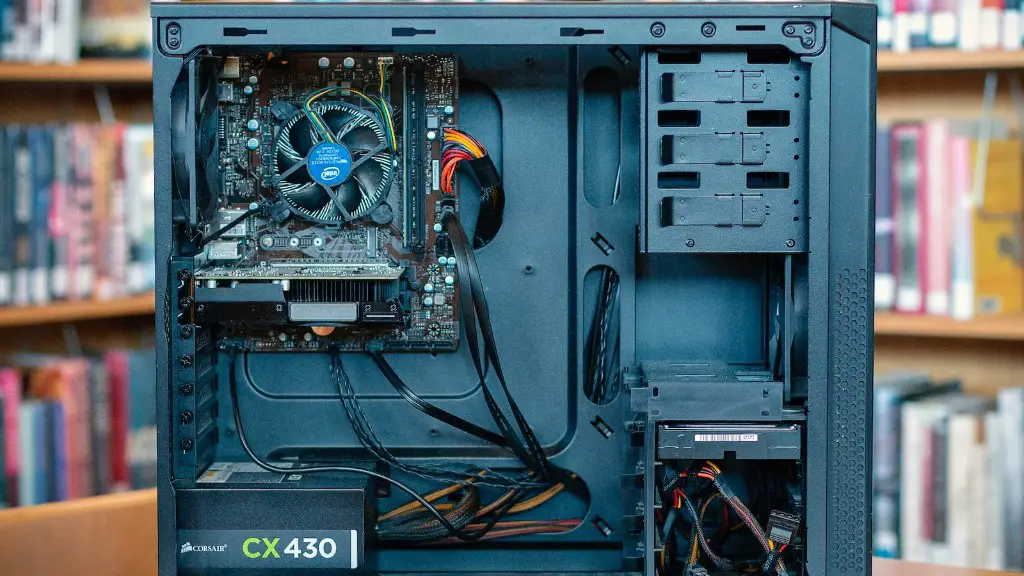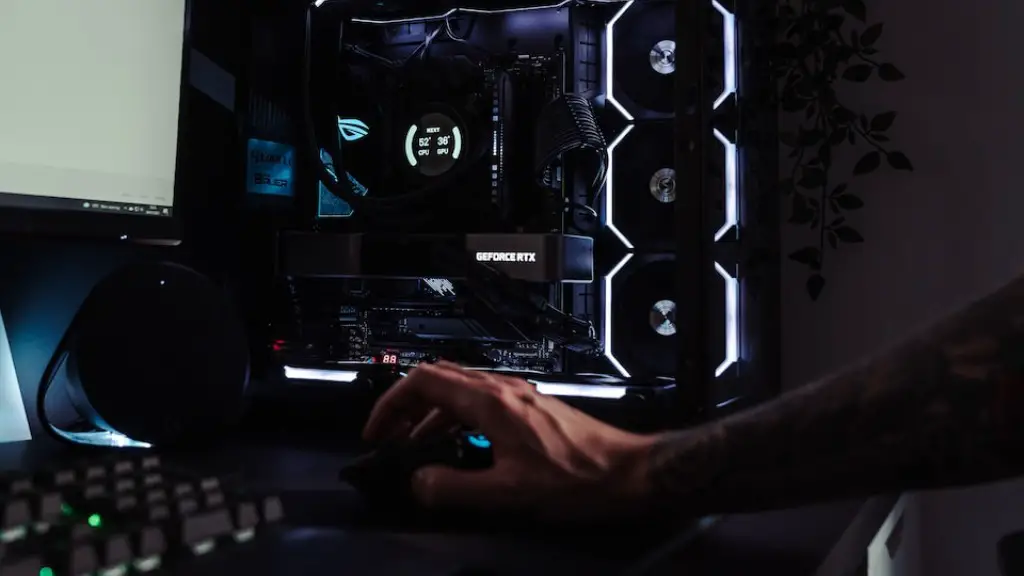Are you planning to build your own gaming PC? If so, there are some important components that you will need to understand. In this blog post, I will discuss the components that are necessary to build a gaming PC that meets your gaming needs. I will explain what the parts are, why they are important, and how they are connected.
To begin, the most important component of a gaming PC is the central processing unit (CPU). This is the part of the computer that runs all the software and processes all of your games. It is also the part that determines how powerful your gaming PC is. Your choice of CPU will depend on the type of games you want to play and the amount of power you need. For gaming, you should look for the most powerful CPU you can afford.
Next, you will need to choose a motherboard. The motherboard connects the CPU to other components such as the hard drive, RAM, and graphics card. It also provides slots for expansion cards and other components. If you plan to upgrade your gaming PC later, make sure to get a motherboard with enough slots to accommodate the upgrades.
The next component is the video card. This is the component that produces the graphics of the games you play. To ensure the best gaming experience, you should get a high-end product with the most powerful graphics processor. This will enable your PC to run the latest and most demanding games.
The next component is RAM or random access memory. RAM is a type of memory that allows for data to be stored and retrieved quickly. When you play games, RAM is especially important because it allows the game to run smoothly. You should get a RAM that is fast and of a reasonable size. 16GB of RAM should be enough for gaming.
Next, you will need a hard drive. The hard drive stores your games, applications, and operating system. Today’s gaming PCs typically need at least 1TB of storage. You should also look for a hard drive with 7200rpm or higher.
Finally, you will need a power supply. This provides the power your gaming PC needs. When you select a power supply, make sure it meets the requirements of the components you choose. Most gaming PCs need at least 600 watts of power.
Motherboard Necessities
The motherboard you choose for your gaming PC is very important. In addition to connecting the CPU to all other components, the motherboard also provides slots for expansion cards with specific form factors. These include ATX and M-ATX motherboards. These form factors determine the size of the motherboard as well as the type of components that can be added to your gaming PC.
Also, your motherboard should have enough slots to accommodate all the components you need for your gaming build. If you plan to upgrade your gaming PC later, make sure to get a motherboard with enough space to accommodate those upgrades. To make sure the expansion cards fit properly, you should also look for a motherboard that is compatible with these form factors.
When selecting a motherboard, you should keep in mind the type of CPU and memory you plan to use. Most gaming PCs today require an Intel or AMD processor. Together with the motherboard, you should also choose the right type of RAM. For gaming, it is recommended to install RAM with a speed of at least 2666MHz.
Finally, you should also consider the onboard features of your motherboard. These features may include extras such as enhanced audio, firewire ports, and USB 3.0 ports. You should research which features are available for the motherboard you are considering in order to ensure you get the most out of your gaming PC.
Getting a Graphics Card
The main component that will determine the graphics of the games you play is the graphics card. This is why it’s important to get a graphics card that is powerful enough to meet your needs. The graphics card is responsible for rendering the 3D scenes in games as well as converting 2D images into 3D. Your graphics card choice will depend on the types of games you play and the resolution of your monitor.
Today, there are several manufacturers producing graphics cards, such as NVIDIA, AMD, and Intel. AMD and NVIDIA cards typically offer better performance compared to Intel’s integrated graphics cards. When selecting a graphics card, you should also keep in mind the type of connector it uses. Most modern graphics cards today use a DisplayPort or HDMI connection.
Your graphics card should also have enough memory in order to run the games you own. For 1080p gaming, it is recommended to get a card with at least 4GB of RAM. For higher resolutions such as 4K, 8GB of RAM is recommended. Finally, make sure to check the power requirements of your graphics card. Most mid-range cards today require no more than 300 watts of power.
When looking for a graphics card, it is important to research and check reviews to make sure you get the best graphics card for your budget. By understanding the specs and features of your graphics card, you can ensure you get the best gaming experience possible.
Choosing the Right Monitor
To ensure an eye-catching and immersive gaming experience, you will also need to choose the right monitor for your gaming PC. Your choice of monitor will depend on the type of games you play and the resolution you desire. Monitors are typically measured in terms of panel size, resolution, connectivity ports, refresh rate, and response time.
The panel size is the physical size of the monitor measured in inches. Most gaming monitors range from 24-up to 34-inch. The resolution is measured in pixels and is the number of pixels displayed on the screen. The higher the resolution, the more detail you can see in a game. The most common resolution for gaming today is 1080p or “full HD.”
Monitors also list their refresh rate, which is measured in hertz (Hz). This is the number of times your monitor refreshes the image on the screen per second. Monitors with a higher refresh rate are able to display faster-moving images without blurring. The response time measures the amount of time it takes for a pixel to transition from one color to another. Lower response times often result in smoother and more responsive gameplay.
When looking for a monitor, you should also consider the type of connectivity ports it offers. Monitors typically have HDMI, DisplayPort, USB-C, and VGA ports. Lastly, look for a monitor with low input lag. This is the time it takes for commands to be processed, which can affect your gaming performance.
Picking Out a Sound Card
A sound card is also necessary when building a gaming PC. Having the right sound card can provide you with an immersive gaming experience by creating an atmosphere around you. It is also important for ensuring that you don’t miss any crucial audio cues while playing games. There are different types of sound cards available, each offering different features.
The most common type of sound cards are “dedicated” sound cards, which are typically more expensive but offer much higher quality sound compared to integrated cards. If you want the best sound quality, look for a sound card with at least 96kHz sample rate. A good sound card should also offer features such as Dolby Digital or DTS support, surround sound, and bass boost.
You should also take into consideration the type of connectors a sound card offers. Most common sound cards today include analog, digital, USB, and optical audio connectors. Make sure to research the connectors needed for your speakers or headphones since not all sound cards offer all types of connectors.
In addition to the sound card itself, you will also need to get speakers or headphones to get the most out of your gaming experience. Ultimately, the best sound card is the one that meets your budget and provides the features you need for gaming.
Picking the Right Keyboard and Mouse
To ensure you get the best gaming experience, you should also invest in a decent keyboard and mouse. The best keyboards come in both wired and wireless varieties and provide gamers with more functions and better responsiveness than standard keyboards. Gaming keyboards can also feature additional macro and hotkey buttons that allow you to customize your gaming control.
Gaming mice are also important because they provide you with a more responsive and accurate mouse that can help you take advantage of the extra features of your games. There are several features to consider when selecting a gaming mouse. These include sensor type, dpi, number of buttons, weight, and polling rate. Higher quality gaming mice typically have higher dpi ratings and faster response times.
When choosing a gaming keyboard or mouse, be sure to read reviews as well as to consider your budget. Ultimately, the best gaming keyboard and mouse are the ones that meet all your gaming needs




